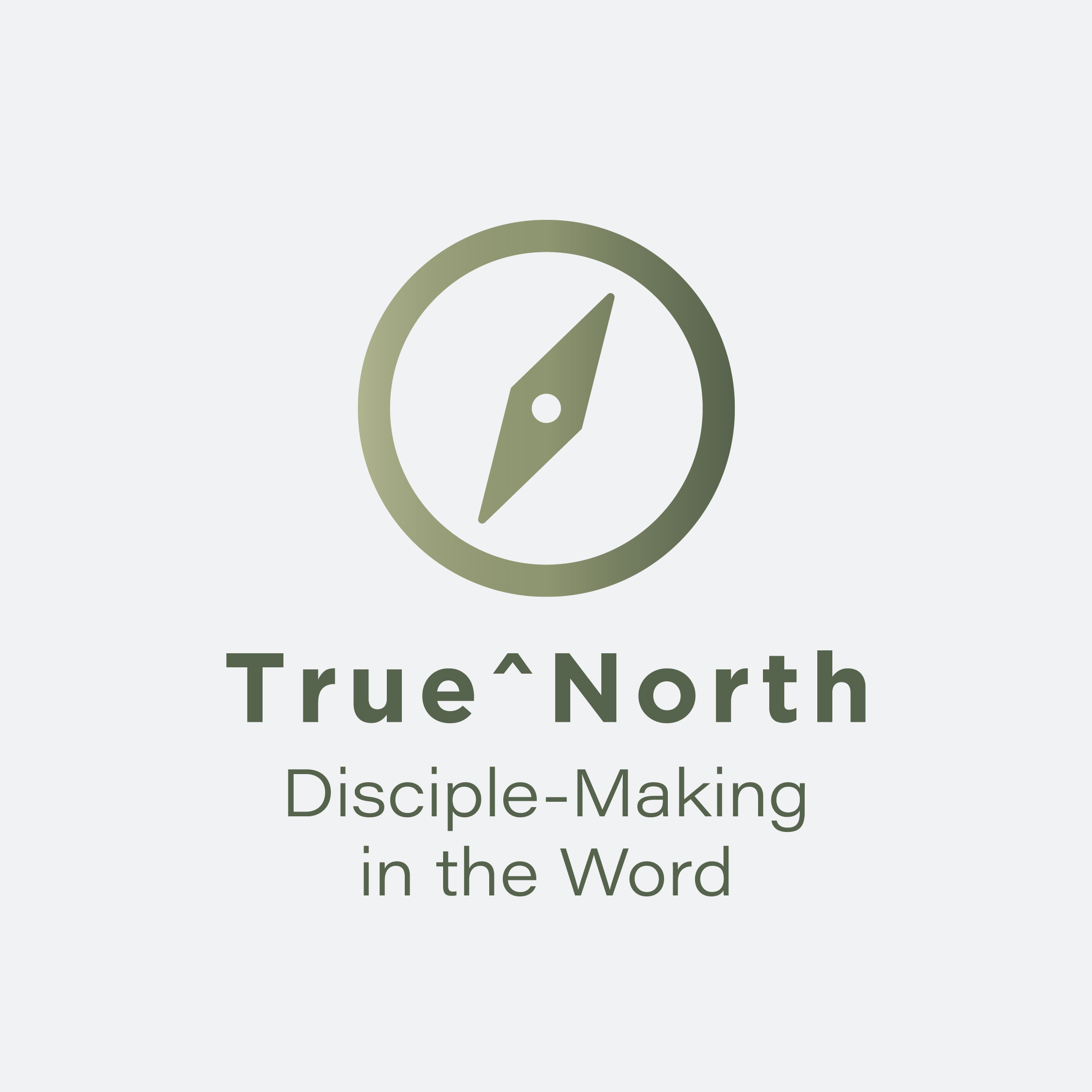
10 Courses

Introduction to Sociology
The scientific study of society, institutions, and group interaction, with a focus on the sociological imagination and core theories.

BT 200 - Inductive Bible Study (True North) Term 4 2022-23

MI 551 - Intercultural Competencies Term 4 2022-23
Intercultural Competencies (MI 551) is designed to help today’s Christ follower live as a competent intercultural communicator in an increasingly diverse world. The course examines and engages in intercultural interactions, investigates strategies for adjusting to and working with people who are of a different ethnicity and/or culture than one’s own. The course will also explore and develops new skills for intercultural communication, including managing and resolving conflict cross-culturally.

Term 4 2022-2023
PM506 - Capstone Project Term 4 2023
A major objective of this degree is to provide a special emphasis on integrating scripture and biblical theology with pastoral leadership, worship, evangelism and discipleship, a deeper understanding of the church, and spiritual formation. Class work in each of the specific MA courses will include the opportunity to design assignments around some ministry need or theme each student will choose.
In order to further facilitate the program objectives, the final course in the MAPT program is a Capstone Project in which students will revise, compile and/or create a set of ministry resources oriented around a particular need or theme they had earlier identified at the beginning of (or during) the program. This project will involve the processing, assimilation, and compilation of principles, insights and methodologies gleaned from the integration of class work and ministry involvement in the core curriculum of the degree. The completion of this project will be your final “class.”

PM 504 - Missional Pastor - Evangelism and Discipleship Term 4 2022-23
The Great Commission contains a dual focus: evangelism and discipleship. No evangelism program is complete without the inclusion of an intentional system of discipleship; and no discipleship program is complete without a strong engagement in evangelism. It is often at the point of making disciples that the church has her greatest failure. Conversion is only the beginning, and often that beginning is lost because converts never become followers of Jesus. The objective of this course, therefore, is to equip students with both a biblical understanding of how a local church effectively reaches the unsaved in the community with the gospel message, and transitions new believers into a community of believers who intentionally support and encourage each other in becoming as much like Jesus as the Holy Spirit intends and enables.


PMX 301 - Introduction to Homiletics VC Term 4 2022-23
This course provides a combination of theory and practice in the preparation and delivery of sermons. Analysis of sample sermons will occur with suggestions for finding and filing sermon resource material.

CEX 202 - Spiritual Formation VC Term 4 2022-23
This course is designed for the personal and spiritual growth of the minister. It explores the biblical and historical foundations of the spiritual life, as well as methodologies and resources for developing Christian spirituality in the lives of others in cooperation with the work of the Holy Spirit. This course will enhance the student's ability to see the relationship between spirituality and ministry, discover principles for the enrichment of their own spirituality, and help Christian disciples grow in their relationship with Christ.

PHX 201 - Philosophy & Ethics VC Term 4 2022-23
This course is designed to provide a framework to assist in the philosophy of making an ethical decision and will provide insight into various thought processes and how segments of society arrive at their values. The course will help solidify what you believe and help you to express and defend your beliefs.

THX 101 - Introduction to Theology GLR VC Term 4 2022-23
The field of Christian doctrine will be studied in this course. The course surveys the general field of theology and is a study in basic beliefs and why we believe as we do. Later courses will go into more detail on various doctrine.